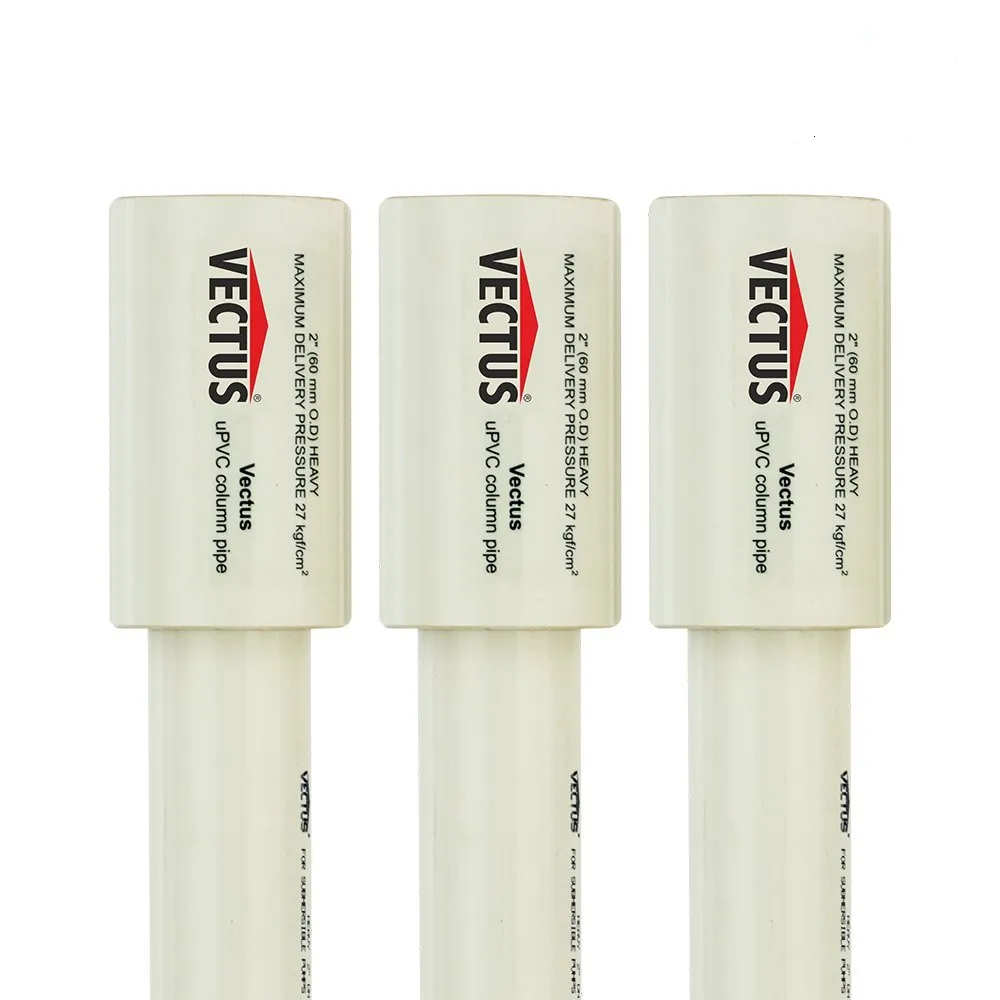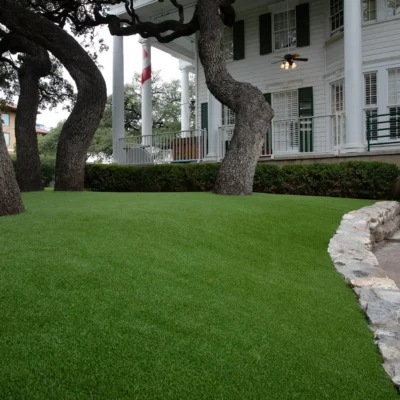
In India, irrigation is mainly accomplished by either extensive groundwater use or copious rainfall. Farmers in some areas witness significant rains, while other regions get little to no rainfall. The latter require alternative irrigation methods, such as through pipes. For this purpose, PVC and column pipes are used.
To maintain India’s position as the world’s top producer of agricultural goods, it is essential to keep the lands irrigated by excavating deeper borewells for groundwater abstraction. These agriculture pipes are essential for a borewell framework. So let’s understand more about them and discover how they operate.
What is Column Piping?
These pipes are long and variable-diameter tubes made for extracting and transporting fluids. Huge cast pipes are made of a specific plastic that transports water from beneath the earth’s surface. The pipes have several advantages – extremely high tensile strength and non-corrosive and durable properties. These characteristics enable them to endure hydrostatic pressure experienced during underwater extraction.
Key Features of Column Pipes
- Lightweight but sturdy and long-lasting.
- 100% safe for drinking water.
- A double-locking system ensures a strong joint.
- At higher temperatures, high-impact resistance provides high-quality performance.
- Fast and simple installation,
- Saves labour cost and users time.
- Highly Durable
- Self-extinguishing
- Exceptional corrosion resistance features ensure a lifetime of steady flow.
- Pipes undergo the annealing process to provide optimal strength and longevity.
Significance of Column Pipes
These pipes are mostly used as a component of constructions for borewell and tubewell water extraction. Also in, submersible and jet pumps for chemical distribution, industrial mining, and agricultural irrigation.
The purpose of these pipes is to allow the water to flow through them without interruption. They are intended to be strong, lightweight, and durable. These pipes have a smooth inner surface and are designed to carry water through them easily to prevent any buildup of residue that would hinder the water flow.
The pipes’ sturdy, rust-proof construction makes them excellent for extracting soft and hard water and carrying fluids combined with strong abrasive chemicals. Depending on the use of the bore and how deep it is, the column pipe’s parameters alter. To ensure that the irrigation system performs as intended and can withstand the hydrostatic pressure of the water current, it is crucial to select the agriculture pipe’s appropriate diameter for the bore’s depth.
Five Functions for Column Pipes
Let us now learn the 5 most important functions of these pipes:
- These pipes’ main application is in Submersible pumping systems. These pipes are used at construction sites and building projects to remove extra water from flooded foundations and underground regions. Column pipes, also termed agriculture pipes, are essential for drawing groundwater to irrigate agricultural areas.
- Lead-free column pipes have become the best option for delivering potable water for home use.
- It can transport corrosive acidic and alkaline fluids. They can survive the intense friction that water with fine sand grains causes.
- Because of their extreme durability and great tensile strength, column pipes are ideal for industrial applications because they operate admirably even when exposed to difficult climatic conditions.
- It may be moved far more easily than conventional metal pipes. They are lightweight materials, requiring much less manual labour to lift and carry them. Unlike the problem with older traditional pipes, these pipes are lightweight.
Conclusion
Jet pumps, submersible pumps, and borewells depend on column pipes to transport fluids. They are employed to transport water from underground streams to the surface. If you want a specific piping system for agriculture, go for column pipes!



